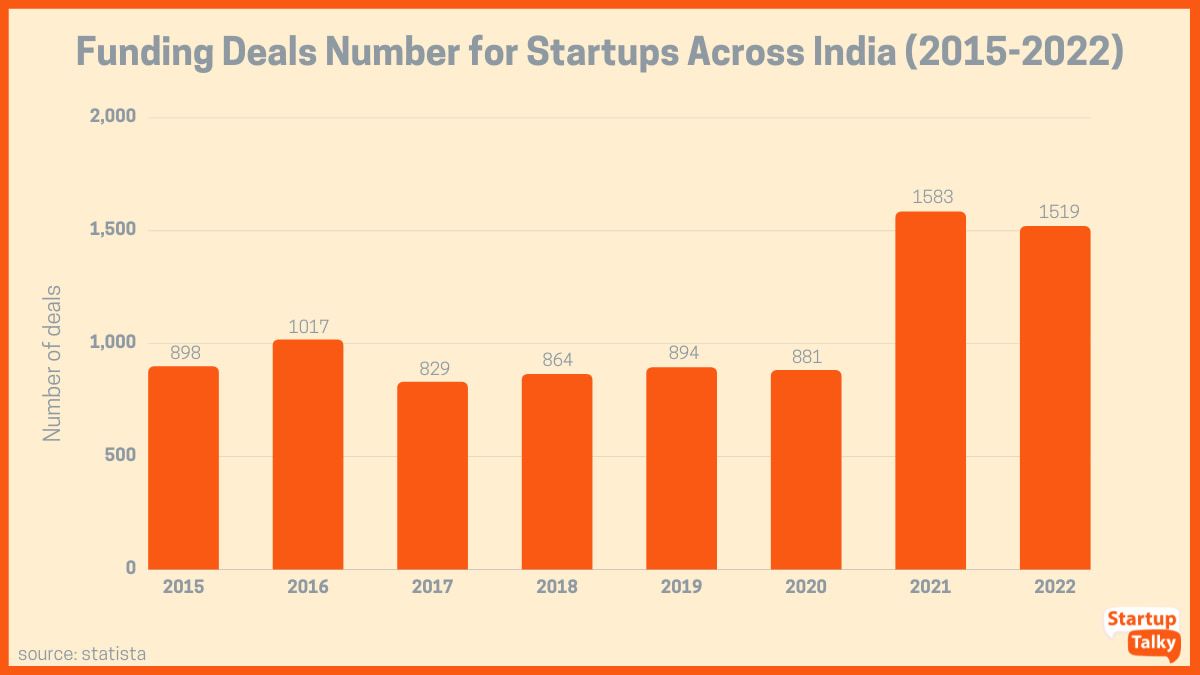As said, “Success is not final and failure is not fatal”, Businesses nowadays have grown exponentially. Business organizations and their players ought to play by the rules while being ferocious at times whenever required. The willingness to take extraordinary chances assists them in achieving more than those who play safe.
With immediate actions, the need for getting immediate services is also dominating the market. With the introduction of on-demand businesses, the immediate supply of a service is expected.
Startups like Zomato, Ola, and Uber are dominating society due to their on-demand business model. But what is meant by an on-demand business model and how one can create their own print-on-demand business are shared below.
What Is an On-Demand Business Model?
Examples of On-Demand Services
Impact of On-Demand Business Model
Application of On-Demand Business Model to Sell Customized Products and Services
Tips for Marketing Customized Products More Effectively
What Is an On-Demand Business Model?
The on-demand business model has revolutionized the way businesses work. It has replaced the traditional business models (i.e., B2B, B2C, C2B, C2C) a lot quicker than predicted.
It is nowadays becoming the choice of customers, because the on-demand business model is focused on speedy deliveries, enhancing convenience for the sellers as well as the customers, accuracy in the services provided, and most important maintaining healthy competition through delivering quality goods and services.
This model may be defined as how businesses rely on various social media platforms or any other websites or applications to deliver their products and services to their end users.
It enables the users to get hassle-free access to the services provided by the business without getting into contact with a support professional or any staff to avail of the services, instead, the customer or user can do it themselves manually through any of the following means depending on the type of business.
For Example:
1. Ola and Uber use the application as their means to deliver their respective services to their end users. An individual can book a cab from their mobile phone and the cab service arrives at their doorstep instantly.
2. Flipkart, Myntra, and Amazon use applications as well as websites to deliver their services to their customers. Customers can buy products online through these portals and the products are delivered to them in no time.
3. Small-scale retailers as well as wholesale sellers use the Facebook marketplace and various other social media websites to advertise their products for sale.
Examples of On-Demand Services
On-demand Delivery Service

It is a way of delivering the demands of the customers instantly to lure customers. These types of solutions are best suited for customers who want a quick, accessible, and simpler way of shopping for their needs. Most e-commerce platforms are reliable on this model to enhance their responsibility toward customer satisfaction.
On-demand Transportation Services

Transportation plays a great role in creating the demand for any product or service offered online. Let us suppose two companies are offering similar kinds of products, but the customer will be inclined towards the company that delivers the product faster than the other. Hence, transportation is a critical aspect of any business.
Another aspect of utilizing such types of business models is Uber and Ola. They have revolutionized the way taxi and cab facilities used to work in the market. Now an individual can book a book from their mobile phone with utmost transparency of the costs and avail of the service in no time.
The transparency of the cost has also enabled people from getting to struggle for bargaining the fare. All these factors combined have created a much more trouble-free experience for them altogether.
On-demand Food Services

If an individual is stuck in a situation where cooking food is not an option and traditional ways of cooking seem harmful to the environment, the on-demand food services are the saviors.
Some startups operate globally and are creating an environment where people do not have to struggle with hunger anymore and take out the time from their busy schedules to plan and go to a restaurant. Instead, order food online and it is delivered to your step.

Impact of On-Demand Business Model

This model has left a drastic impact on how businesses work. It has enabled businesses in understanding that getting access to deliver their services is a much more productive approach than ownership.
Earlier businesses used to work on the principle of ownership but nowadays things have revolutionized to the extent that customers prefer services that are quickly delivered to them or even available at their fingertips. With the increase in demand for such types of services, businesses must constantly struggle and keep on working on ways to improve their services to stay on top of the list for their customers.
For example, consider that a product is available on Flipkart, and it takes 5 days to get it delivered to the customer’s location. A similar product is available on Amazon, and it gets delivered within 1 or 2 days. Then the customer would prefer buying it from Amazon even if the product is a bit costlier than Flipkart.
The above example proves that Amazon is more efficient than Flipkart in delivering products to its end customers. This suggests that Flipkart, to retain its customers, must focus on improving its mechanism for the delivery of its products and services.
The on-demand business model has also increased competition in the market. With the help of this model, owning a business and running it smoothly is no more a hassle, from setting up the firm to developing a delivery mechanism, it is all very accessible and under budget.
Application of On-Demand Business Model to Sell Customized Products and Services

With the availability of millions of products and services online, customers do not prefer buying or using similar types of products. They are always in search of things that are unique in nature.
Hence, customized products and services play a great role in enhancing the experience of customers. While selling customized products, the business additionally drives-in customers’ loyalty by enhancing the satisfaction level of the customers.
Roadmap to this guide:
Choose what to sell
One of the most difficult tasks in selling customized products is to choose the most profitable items in the markets that are also in high demand. With the gradually changing needs and demands of the customers, it is difficult for a seller to choose what sort of item would be best to sustain the business.
These items must be evergreen, trending, and profitable at the same time. Businesses should focus on targeting a specific market in order to grab genuine customers rather the generalized ones.
For starters, ideas could be drawn from other leading websites already running in the market that could be their potential rivals. The on-demand business model would assist the business in this regard.
Choose the platform to offer customized products
The traditional ways of selling and marketing products are long gone. People have now learned that new ways such as the on-demand business model are a lot more effective in selling products. The core belief is to emphasize more accessibility than ownership.
Nobody wants to stand in queue and wait for a taxi, no one wants to wait for weeks to get their parcel, and no one wants to cook, when and if these services are just a click away. Every business nowadays wants to focus on developing applications or relying on e-commerce platforms for showcasing its products and services.
Incorporating mobile applications and websites into their business models is an essential and reliable option for businesses if they want to grow exponentially. On a similar note, selling customized products would be much more convenient if the above-mentioned means are utilized.
Choose the most effective delivery partner
It is very critical to find a popular and reliable partner to collaborate with to deliver products to their destination in a transparent, simple, quick, and trouble-free manner.
Automate the workflow
Automation in any work done is in high demand these days. People love to see tech around them. Working with AI-enabled services not only gives an extraordinary experience to the business as well as the end-users yet additionally enhances the productivity of the tasks.
AI-enabled services at warehouses enable the supervisor to manage the stocks efficiently and locate the vacant spaces that need to be refilled again with the stocks. AI-enabled tools that are managed by the backend helps in comprehending the categories of item that are high in demand.
By executing automation, businesses can undoubtedly get orders, characterize work processes and occupations, produce tickets, plan out works, oversee, and follow them, and get them finished for definite deliveries.

Tips for Marketing Customized Products More Effectively
Creating official pages across all the social media platforms and staying up to date with the trend. Sharing blogs regarding their products and services, news, or any sort of update regarding the business to keep the customers engaged with it.
Additional to the above point, being responsive to almost all the genuine comments of a customer over any post is critical to developing a healthy relationship between the customer and the firm. The website should be search engine optimized to gain traffic.
Collaborate with big e-commerce platforms to increase the awareness of the brands. Paid marketing campaigns are also a good strategy to gain popularity in less span of time.
Become more competitive while also showcasing the uniqueness of your product as compared to the competitor’s products. Identifying the target audience and making up the marketing plans accordingly also helps in effectively increasing the marketing of customized products. Keep refining the plan from time to time and induce necessary changes required with respect to time.
Conclusion
On-demand business is one that works to provide services to its customers as per their needs. There are many types of on-demand businesses seen in common places. One of the best examples of an on-demand business is the ride-sharing business “Ola”.
The on-demand business works with the minimum possible time to complete the consumer’s needs. Hence, the business model of on-demand services also needs to be planned accordingly. The above article contains a guide on how to get started with customized products selling on-demand business models and other relevant information.
FAQs
What is customized selling?
Customized selling is an option preferred by manufacturers where a selling style is coordinated with customers’ selling patterns as well as the requirement of the situation.
What is personalized print on demand?
Print-on-demand is a process where a manufacturer complies with the customer to print white-label products with the selected brand design.
What is an on-demand business model?
The on-demand business model comprises the fact that the essential things are delivered to the customers at the most appropriate time of their need. It works on the basic principle of three factors speed, accessibility, and convenience.
What are some examples of on-demand companies?
Some of the best on-demand companies are Uber, Airbnb, Upwork, etc.


































































































